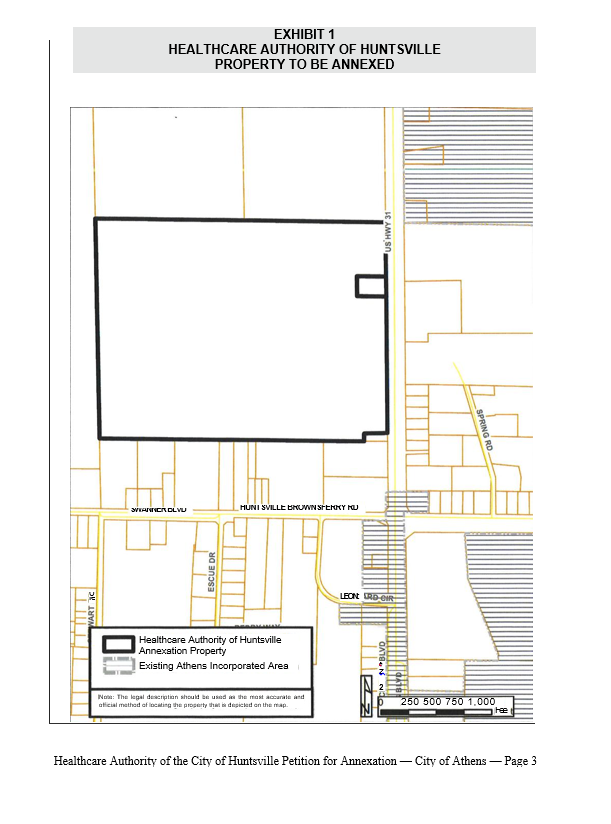Locals brace for frigid temps, snow
Published 8:33 pm Monday, January 4, 2010
By Jean Cole and Karen Middleton
jean@athensnews-courier.com
With frigid temperatures looming, emergency officials are urging North Alabama residents to bundle up, travel only when necessary and make sure all is safe for people and pets on the home front.
The National Weather Service is predicting wind-chill readings from 2 degrees below zero to 8 degrees above zero early today, with temperatures rising to a mere 10 to 15 degrees tonight. Slightly warmer temperatures, including lows in the middle 20s, are expected Wednesday. But, snow is likely Thursday, with slight accumulations and temperatures in the middle 20s.
With the freezing temperatures and possible snow on the way, emergency officials are offering the following advice:
Travelers beware
If you must travel, take the following precautions:
• Dress in several layers of lightweight clothing, wear mittens and a hat that covers your ears.
• Wear waterproof, insulated boots to keep your feet warm and dry and to maintain
your footing in ice and snow.
• Keep a disaster-supplies kit and blankets in your vehicle.
• Listen to a NOAA weather radio or other local news channels for critical
information from the National Weather Service.
• Winterize your vehicle and keep the gas tank full. A full tank will keep the fuel line from freezing.
At home
Carbon-monoxide poisoning, electric shock and fire are a risk when using alternate sources for electricity, heating and cooking. Take the following precautions:
• Vent all fuel-burning equipment to the outside and keep the vent clear. A West Limestone County woman died in 2008 in a fire believed to have started because a heater was improperly vented.
• Keep heaters at least 3 feet from items that could burn.
• Test your smoke alarm; buy one immediately if you don’t have one
• Place heater away from doors, windows and vents that could allow carbon monoxide to come indoors.
• Install carbon monoxide alarms in central locations on every level of your home and outside sleeping areas.
• Insulate your home by installing storm windows or covering windows with plastic from the inside to keep cold air out.
• Running water, even at a trickle, helps prevent pipes from freezing.
Cold-related emergencies
Know that frostbite and hypothermia are two dangerous and potentially life-threatening emergencies. Protect yourself by doing the following:
• Stay indoors if possible.
• Wear warm, loose-fitting, lightweight clothing in several layers.
• Avoid driving when conditions include sleet, freezing rain or drizzle, snow or dense fog.
• Consider your physical condition before tackling strenuous tasks in cold temperatures.
• Help those who need special assistance such as older people living along, people with disabilities and children.
• Bring pets and companion animals inside during winter weather if possible. Move other animals or livestock to sheltered areas with non-frozen drinking water.
• Check on your animals and make sure that their access to food and water is not blocked by snowdrifts, ice or other obstacles.
Be prepared
You should plan for weather-related emergencies by doing the following:
• Maintain at least a three-day supply of non- perishable, easy-to-prepare food and water.
• Have a flashlight and extra batteries.
• Have a battery-powered radio with extra batteries or a hand-crank radio, if possible, a NOAA weather radio.
• Maintain a seven-day supply of medications as well as hearing aids, batteries, glasses, contact lenses or syringes.
• Have a cellular telephone with chargers.
• Create a list of family and emergency contact information.
• Have extra cash.





